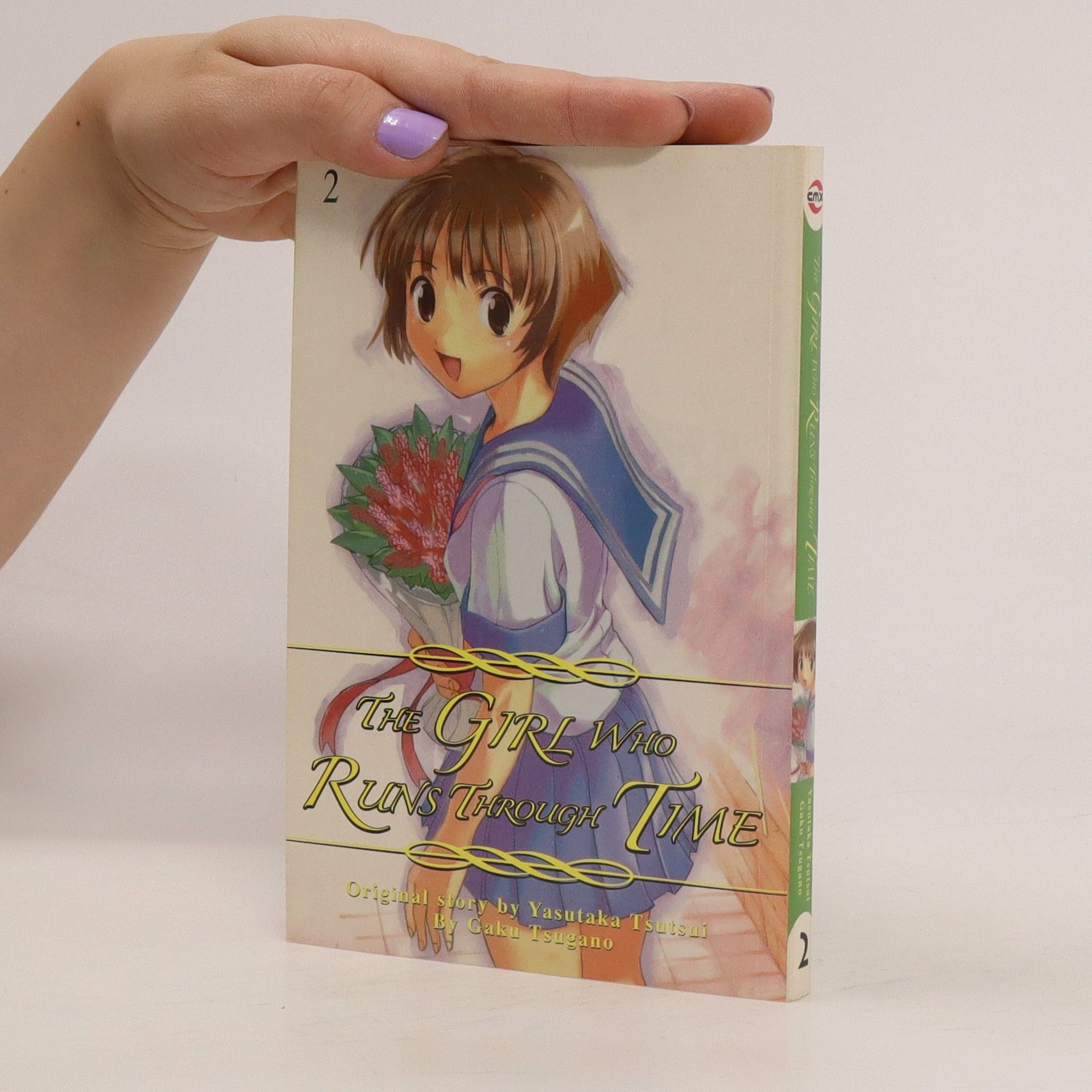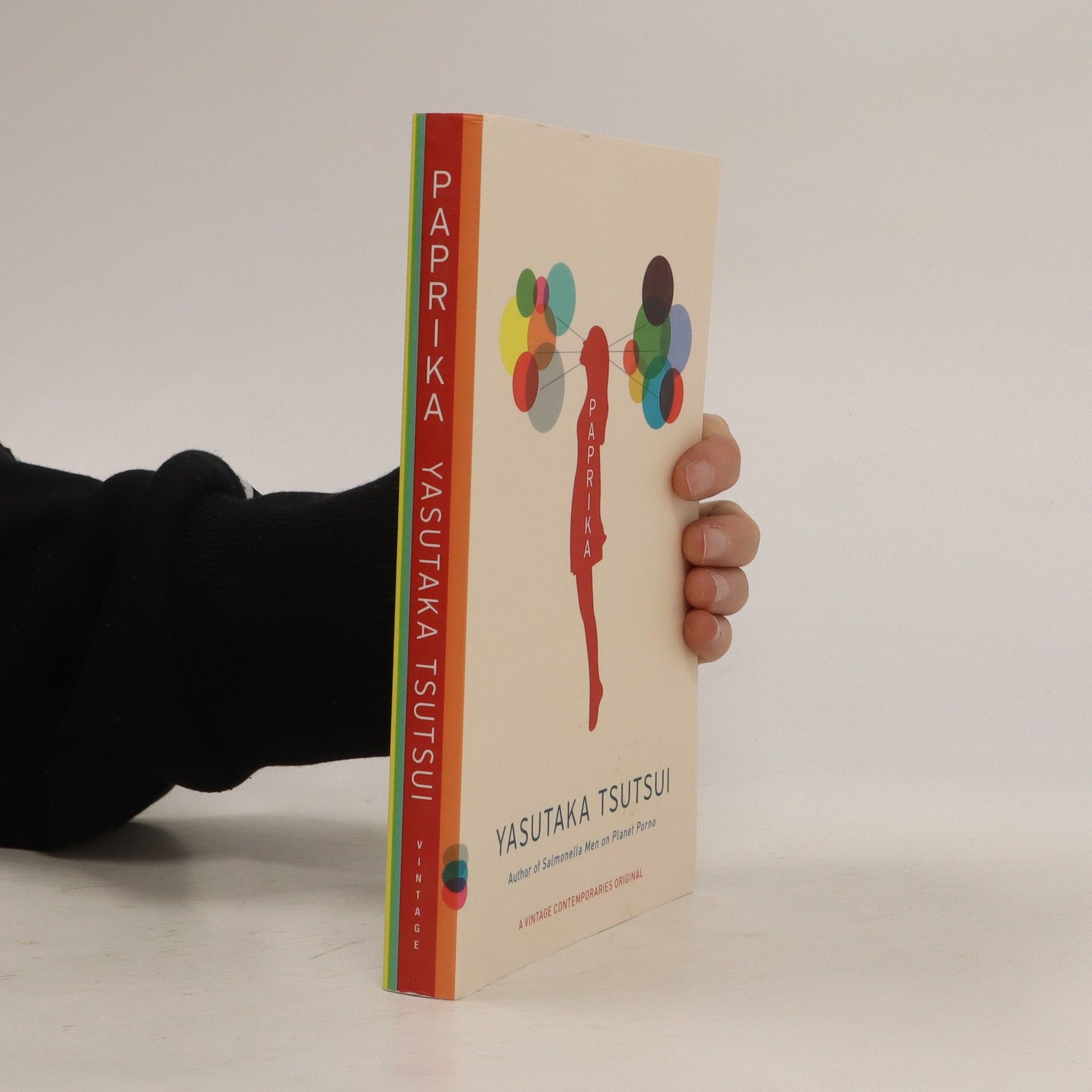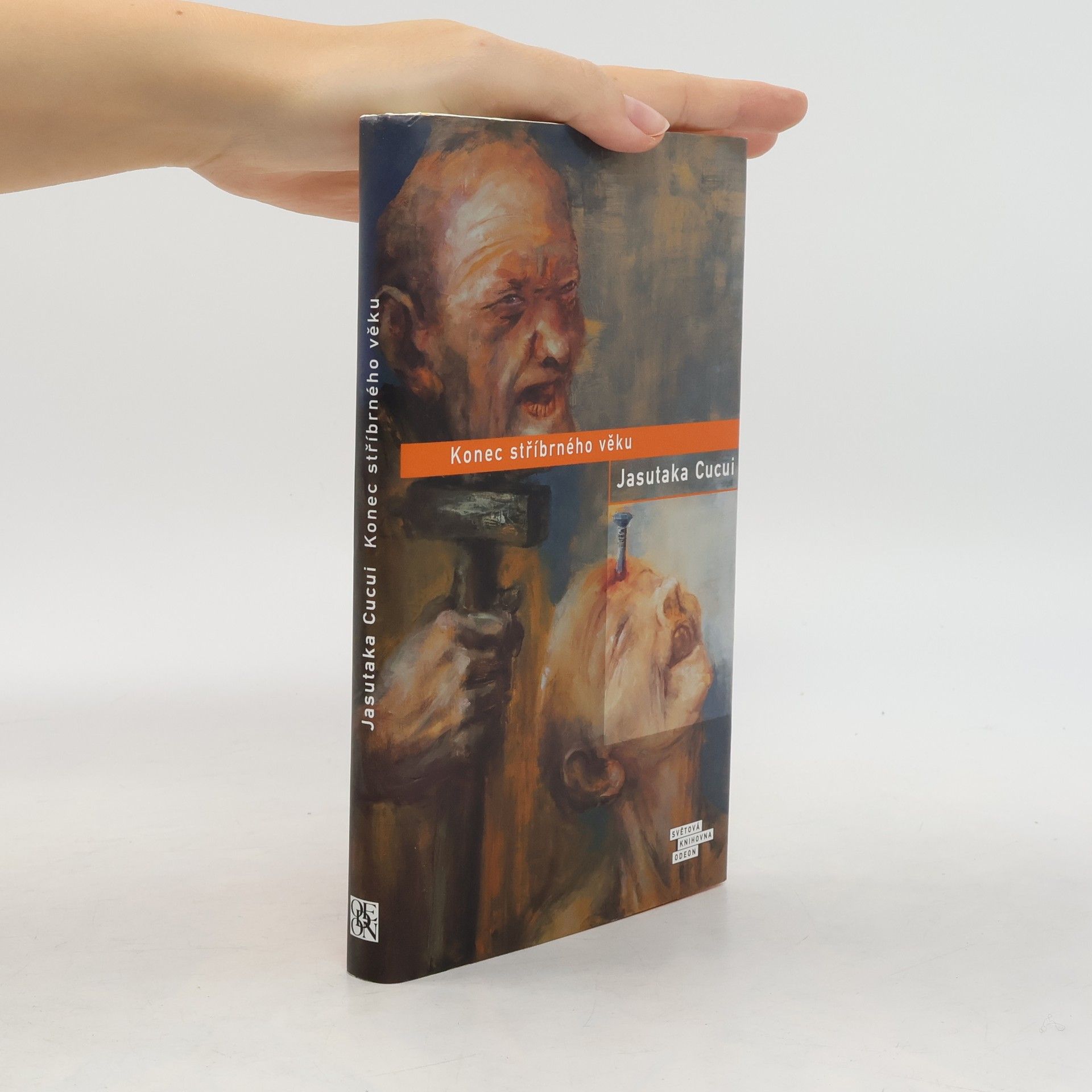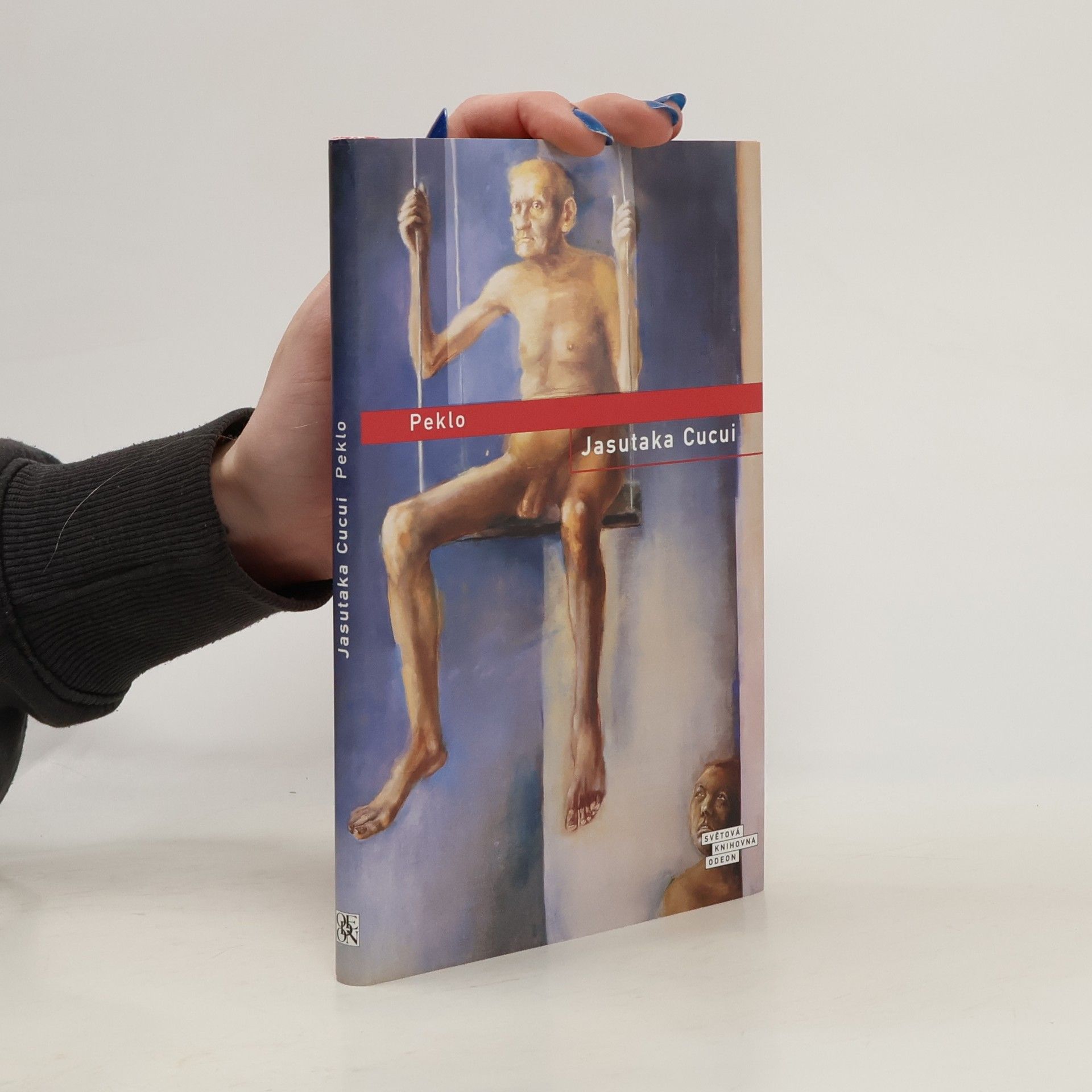Widely acknowledged as Yasutaka Tsutsui's masterpiece, Paprika unites his surreal, quirky imagination with a mind-bending narrative about a psychiatric institute that has developed the technology to invade people's dreams. When prototype models of a dream-invading device go missing at the Institute for Psychiatric Research, it transpires that someone is using them to drive people insane. Threatened both personally and professionally, brilliant psychotherapist Atsuko Chiba has to journey into the world of fantasy to fight her mysterious opponents. As she delves ever deeper into the imagination, the borderline between dream and reality becomes increasingly blurred, and nightmares begin to leak into the everyday realm. The scene is set for a final showdown between the dream detective and her enemies, with the subconscious as their battleground, and the future of the waking world at stake.
Yasutaka Tsutsui Books
Yasutaka Tsutsui is a celebrated Japanese novelist renowned for his masterful blend of dark humor and biting satire. He fearlessly tackles societal taboos, challenging conventional norms with a provocative style that has both garnered critical acclaim and sparked controversy. His innovative literary approach and willingness to explore unconventional themes have cemented his status as a significant voice in science fiction. Tsutsui's influence extends beyond traditional publishing, as he became an early adopter of digital platforms, further shaping the landscape of contemporary literature.







The Girl who Runs Through Time 2
- 192 pages
- 7 hours of reading
"After finding a broken beaker in the science lab, Kazuko finds herself back in her own past and learns she can travel through time, but her attempts to use the ability to help others always change the future and may bring bad consequences."--Amazon website
Salmonella Men on Planet Porno
- 272 pages
- 10 hours of reading
An irresistible mix of imagination, satire, and humor, these stories by acclaimed Japanese author Yasutaka Tsutsui imagine the consequences of a world where the fantastic and the mundane collide. The opening story, “The Dabba Dabba Tree,” details the hilarious side effects of a small conical tree that, when placed at the foot of one’s bed, creates erotic dreams. In “Commuter Army,” a sly commentary on the ludicrousness of war, a weapons supplier becomes an unwilling conscript in a war zone. “The World is Tilting” imagines a floating city that slowly begins to sink on one side, causing its citizens to reorient their daily lives to preserve a semblance of normality. And in the title story, we see how obscenely absurd the environment on Planet Porno appears to a group of scientists. The stories in Salmonella Men on Planet Porno winningly combine madcap hilarity and a sharp eye toward the insanities of contemporary life.
The Girl who Runs Through Time 1
- 192 pages
- 7 hours of reading
"Kazuko is a high school senior who has no idea what she wants to do in the future. Alone one day after school, she discovers a broken beaker in the science lab. She smells something sweet in the air, passes out, and finds herself transported back to her own past! Will Kazuko use her ability to travel through time wisely or selfishly?"--Publisher's web site
Kinukawa, der unscheinbare Angestellte eines Bauunternehmens in einer japanischen Kleinstadt, wird Zeuge eines Übergriffs der Mafia. Der harmlose Mann rastet aus und richtet unter den Verbrechern ein Blutbad an. Nun gerät er zweifach ins Visier der Yakuza: Die einen jagen ihn, die anderen wollen ihn für ihre Organisation gewinnen. Auch Kinukawas Arbeitgeber scheinen tief in einem Sumpf von Korruption und Verbrechen zu waten. Wilde Kämpfe und Bandenkriege nehmen ihren Lauf … Eine hard-boiled crime novel aus dem heutigen Japan: poppig, schnell und tödlich
Konec stříbrného věku je sžíravá satira plná černého humoru, reagující na problém stárnoucí populace. Z rozkazu Ministerstva zdravotnictví má být učiněno následující: všichni japonští občané starší 70 let se zúčastní programu vzájemného vyvražďování, v jehož rámci bude tato obtížná část populace značně redukována, a tím pádem odpadne současné vládě alespoň jedna nepříjemná starost. Kuničiró Utani z města Mijawaki rovněž překročil sedmdesátku a společně se svými přáteli musí čelit skutečnosti, že podzim jejich života nebude zdaleka tak klidný, jak si představovali. Nesourodá skupinka přátel z dětství, nyní však v poměrně pokročilém věku, mezi nimiž nechybí bývalý armádní důstojník, profesionální zápasník na odpočinku či kněz, se připravuje na svou zřejmě poslední bitvu.
Poslední, na co si sedmapadesátiletý Takeši vzpomíná, je, že tuhle nehodu vážně nezavinil on. Když se probral, seděl v zaprášeném baru, najednou už nebyl mrzák na jednu nohu, mohl chodit bez námahy a bez kulhání. Je to příjemné místo, jsou tu lidé, které zná, třeba Izumi, podřízený z práce, který před pěti lety… Před pěti lety? Ano, před pěti lety zahynul při leteckém neštěstí. A u tamtoho stolu je jeho kamarád z dětství Júzó, o němž se říkalo, že se přidal k jakuze a byl zabit při pouličním incidentu. A támhle sedí Sasaki, který společně se svou ženou umrzl v parku. Podle autora je peklo místo, kde tři dny trvají déle než deset let, kde si lidé dokážou číst myšlenky navzájem a zkoumat potlačené vzpomínky a závislosti a pohybovat se v čase do minulosti i budoucnosti. „Život po životě" v tomto románu zahrnuje prvky hororu, sci-fi, psychologického románu, surrealistické prózy, cokoli budete chtít. S kým byste se po smrti chtěli setkat? A komu byste se chtěli určitě vyhnout? Jasutaka Cucui je mistr vyprávění: jednoduchého, průzračného jako voda, ale takového, při kterém vám bude přebíhat mráz po zádech. V románu Peklo nalezneme vše, co tohoto spisovatele proslavilo – prolínání snu a reality, bizarní postavy, nemilosrdnou společenskou satiru a drsný černý humor.

